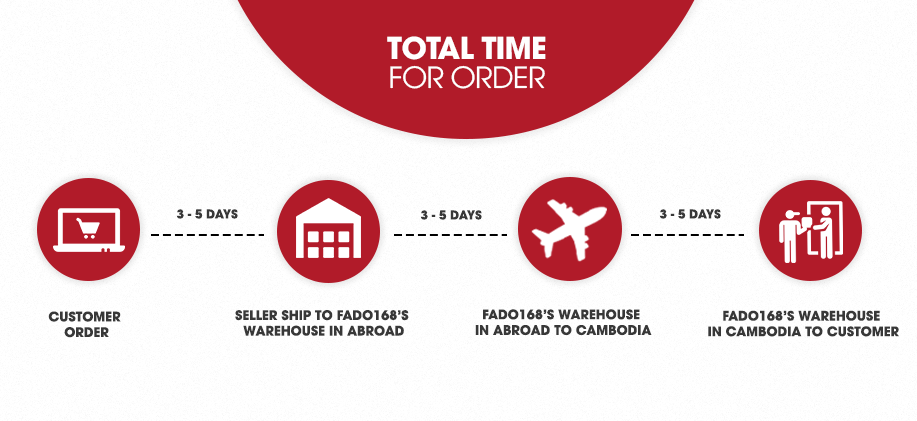The manager’s path is clear and well traveled. Becoming a manager is a common, and perhaps default, career step for anyone who can communicate clearly, stay calm during a crisis, and help their colleagues do better work. Most likely, you know people who have chosen this path. You’ve probably had managers before, and perhaps you have opinions about what they did right or wrong. Management is a well-studied discipline, too. The words promotion and leadership are often assumed to mean “becoming someone’s boss,” and airport bookshops are full of advice on how to do the job well. So, if you set off down the management path, it won’t be an easy road, but you’ll at least have some idea of what your journey will be like.
The staff engineer’s path is a little less defined. While many companies now allow engineers to keep growing in seniority without taking on reports, this “technical track” is still muddy and poorly signposted. Engineers considering this path may have never worked with a staff engineer before, or might have seen such a narrow set of personalities in the role that it seems like unattainable wizardry. (It’s not. It’s all learnable.) The expectations of the job vary across companies, and, even within a company, the criteria for hiring or promoting staff engineers can be vague and not always actionable.
Often the job doesn’t become clearer once you’re in it. Over the last few years, I’ve spoken with staff engineers across many companies who weren’t quite sure what was expected of them, as well as engineering managers who didn’t know how to work with their staff engineer reports and peers. All of this ambiguity can be a source of stress. If your job’s not defined, how can you know whether you’re doing it well? Or doing it at all?
Even when expectations are clear, the road to achieving them might not be. As a new staff engineer, you might have heard that you’re expected to be a technical leader, make good business decisions, and influence without authority—but how? Where do you start?
This in-depth book shows you how to understand your role, manage your time, master strategic thinking, and set the standard for technical work. You'll read about how to be a leader without direct authority, how to plan ahead to make the right technical decisions, and how to make everyone around you better, while still growing as an expert in your domain.
Exploring the three pillars of a staff engineer's job, Tanya Reilly, a veteran of the staff engineer track, shows you how to:
- Take a broad, strategic view of your work
- Dive into practical tactics for making projects succeed
- Determine what "good engineering" means in your organization


